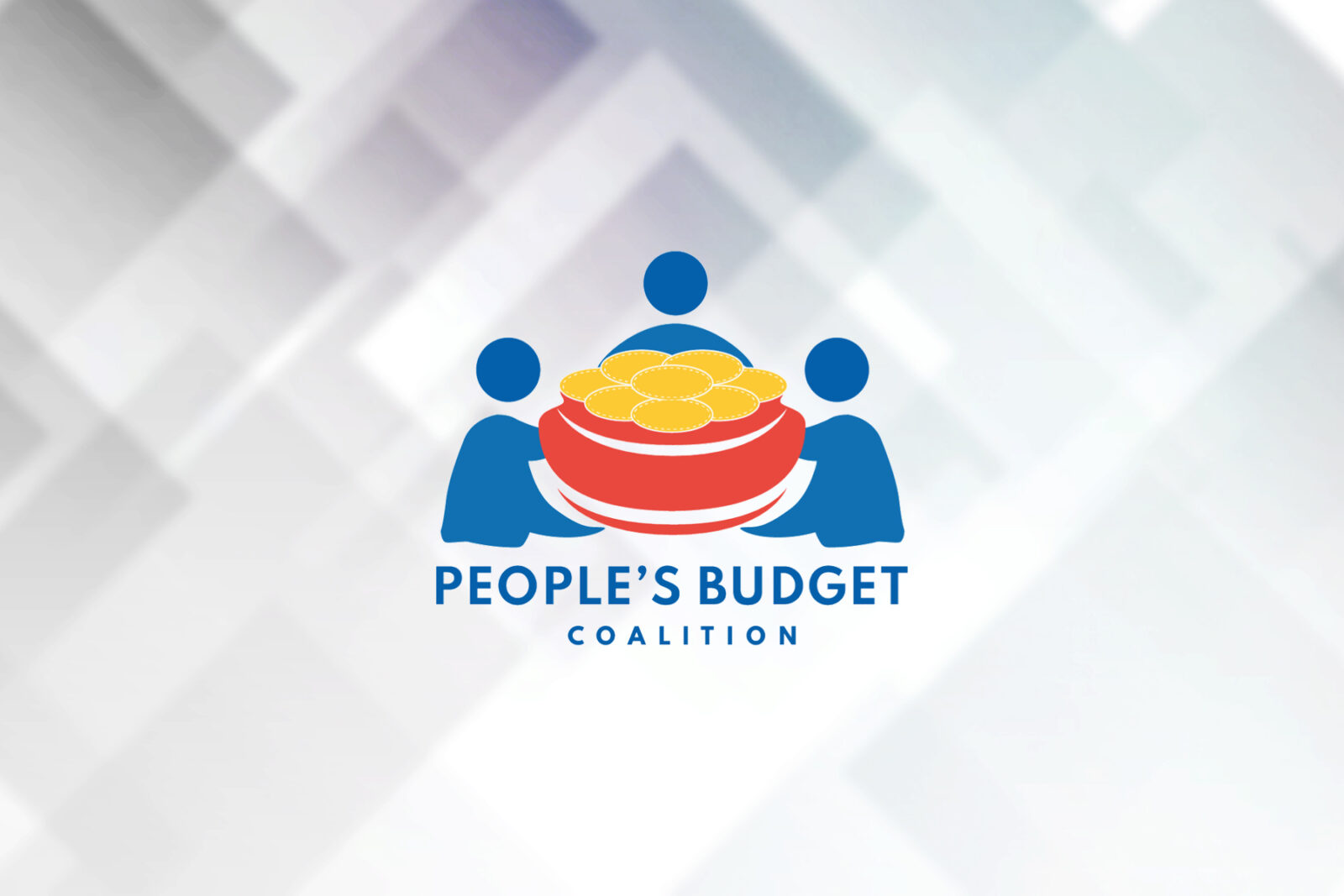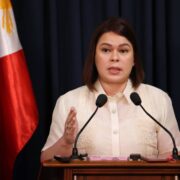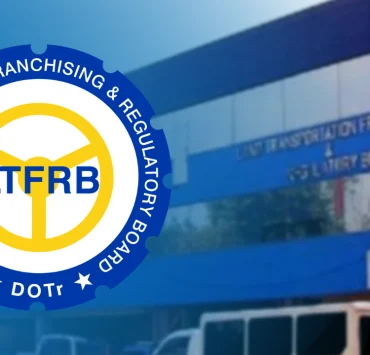Civil society still finding red flags in 2026 budget

Some red flags still remain in the 2026 national spending plan despite some welcome shifts in the Senate, a coalition of budget watchdogs said on Thursday, as they make a last-minute appeal to make more changes as the budget is headed for the bicameral conference committee soon.
In a statement, the People’s Budget Coalition (PBC) said that while they welcomed several positive changes to the 2026 General Appropriations Bill (GAB) introduced by the Senate, Congress must still work to further pare down allocations for pet assistance programs, confidential and intelligence funds, unprogrammed appropriations, and the National Task Force to End Local Communist Armed Conflict (NTF-Elcac).
The group, composed of civil society organizations, researchers, and grassroots advocates pushing for a more transparent and rights-based budget, said the Senate’s committee report reflected “significant corrections” to the House-approved version but still fell short of what is needed to prevent another flood-control-style corruption scandal.
For example, while the Senate cut risky and possibly duplicate projects in the Department of Public Works and Highways (DPWH), some P600 billion in infrastructure items still require closer review, PBC said.
This includes the P16-billion budget for farm-to-market roads, which recent congressional inquiries say are often overpriced, as well as the Department of Health’s P14.5-billion health facilities enhancement program found to have idle super health centers.
Congress should likewise scrutinize the confidential and intelligence funds, which increased by P629 million to P11.6 billion in the Senate version—a move the coalition called “a step backward.”
Over-funded agencies
Also still incorporated into the Senate version is the unexplained increase of P11 billion that the House of Representatives gave itself during the third and final reading of its version last September.
Perhaps more importantly, the Senate also increased its own budget by P1 billion to P8.6 billion, or a 14-percent jump compared to the original proposal.
The Office of the President also has a bigger budget at P27.4 billion, in large part because of the budget for Manila’s hosting of the 2026 Association of Southeast Asian Nations summit and its confidential and intelligence funds.
“At the time of the flood-control corruption scandal, the worst corruption scandal in recent history, where members across government have been implicated by witnesses who have come forward, we call for prudence and moderation in these proposals to restore public trust,” they warned.
The DPWH’s flood management budget, meanwhile, plunged from P250 billion as proposed in the National Expenditure Program to just P10 billion in the Senate version.
However, the coalition urged lawmakers to mandate the agency to update outdated design manuals to align with climate resilience, accessibility, and road safety standards.
PBC also noted that although the Senate halved NTF-Elcac’s budget from P8 billion to P4 billion, more cuts are warranted given recurring concerns over the task force’s barangay development allocations.
Under-funded programs
Transport advocates within the coalition also raised alarms over the underfunding for key public transport and active mobility programs under the Department of Transportation (DOTr) remain underfunded.
For road safety for example, the DOTr asked for P100 million for maintenance and other operating expenses but got zero in the committee report.
For active transport, the DOTr requested P2 billion to fund safe pedestrian pathways and protected bike lane networks, but was only given P105 billion.
For road-based public transport, P4.6 billion was requested for service contracting and the public utility vehicle modernization program, but only half of it or P2.5 billion was allotted in the committee report.
The watchdogs also pressed Congress to reconsider cuts to major social protection programs, including the Pantawid Pamilyang Pilipino Program (4Ps), which lost P11 billion, and the Philippine Health Insurance Corp., whose allocation remains below what public health advocates estimate is required to meet universal health care targets.
Controversial stage
The bicameral conference committee, composed of select senators and House members, is expected to meet in the coming days to consolidate the final version of the 2026 national budget before it is sent to Malacañang for signing in December.
PBC said lawmakers must use the bicam as the last opportunity “to restore public trust” by prioritizing transparent, science-based, and rights-based budgeting.
The Liberal Party bloc in the House of Representatives has also called for an “open and transparent” bicam as the 2026 budget process nears its most controversial stage.
On Thursday, the bloc led by Mamamayang Liberal Rep. Leila de Lima said opening up the notoriously secretive bicam where insertions to the budget were allegedly made in the past years was “long overdue… It is not optional, it is non-negotiable.”
“It is a gross injustice to continue denying access of the public to the proceedings of the bicam, which constitutes a deprivation of the constitutionally guaranteed right of the Filipino people to information on matters of public concern. They are entitled to know where every centavo of their taxes goes,” they said in a joint statement.
Among others, they demanded that Congress ensure the livestreaming of the full bicam meetings and deliberations, and for a comprehensive meeting minutes be published.
Congress must also publish a detailed matrix of the differences between the House and Senate GABs and how they were reconciled, and to disclose proponents of amendments.
The media must also be allowed to cover the bicam proceedings and civil society organizations must also be given access and opportunity to raise questions and comments.
Aside from De Lima, other signatories include Representatives Edgar Erice of Caloocan City, Adrian Michael Amatong of Zamboanga del Norte, Arlene “Kaka” Bag-ao of Dinagat Islands, Jaime Fresnedi of Muntinlupa City, Cielo Krisel Lagman of Albay, and Alfonso Umali Jr. of Oriental Mindoro.

















